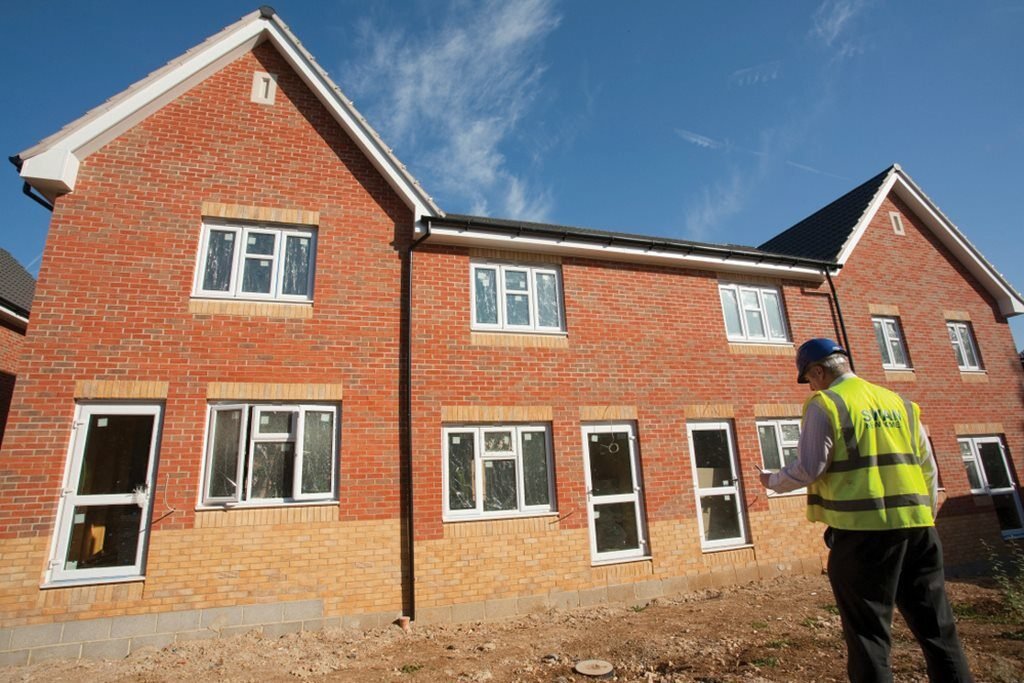If your real estate website only has a few standalone pages, you’re leaving serious ranking potential on the table. Today, search engines prioritize topic depth, relevance, and structure — not just keywords.
That’s where content clusters come in.
A content cluster is a group of interlinked pages focused around a central theme. This structure boosts your real estate SEO by showing Google that your site is an authority on a specific topic.
Let’s break down how content clusters work and why they’re essential for modern real estate marketers.
What Is a Content Cluster?
A content cluster (also called a topic cluster) revolves around a single pillar page — a long-form, authoritative article covering a broad subject (e.g., “Home Buying in Miami”).
Surrounding that pillar page are multiple supporting blog posts or landing pages covering subtopics like:
-
“How to Choose a Neighborhood in Miami”
-
“Top School Districts for Miami Homebuyers”
-
“Miami First-Time Buyer Programs Explained”
Each subpage links to the pillar, and the pillar links back. This web of content creates SEO power.
Why Content Clusters Work for Real Estate
Search engines want to understand how pages relate to each other. When you create a strong internal linking structure through content clusters, you:
-
Build topical authority
-
Help Google crawl and index deeper pages
-
Increase time on site
-
Improve user experience and engagement
This structure is a core part of advanced SEO for real estate strategies used by top agents and brokerages.
Real Estate Cluster Examples
Let’s say you want to dominate search for real estate in Charlotte, NC. Here’s how you could structure a content cluster:
Pillar Page:
“Ultimate Guide to Buying a Home in Charlotte”
Cluster Content:
-
Best Neighborhoods in Charlotte for Young Families
-
Charlotte Condo Market Breakdown
-
Step-by-Step Home Buying Process in NC
-
Real Estate Investment Opportunities in Charlotte
-
Local Mortgage Rates and Lenders (2025 Update)
This model works beautifully for both blog content and location pages — and it strengthens your real estate website SEO with every article.
How to Choose Your Pillar Topics
Your pillar page should target a broad, high-volume keyword, and all supporting pages should address related long-tail queries.
Ideas for pillar topics:
-
“Buying a Home in [City]”
-
“Moving to [City]”
-
“Selling Your Home in [City]”
-
“Real Estate Investing in [Region]”
Then use keyword research to build subtopics around those pillars. This supports your visibility for both core and niche search queries, boosting SEO for real estate companies over time.
Interlinking: The Secret Sauce
Don’t just publish related articles — link them together.
Here’s how:
-
Link each subtopic to the pillar page using keyword-rich anchor text
-
Link from the pillar back to each subtopic
-
Add links between subtopics when relevant
This creates a silo of content Google can easily understand. It also improves crawlability — a key technical factor in real estate SEO marketing.
Boosting Cluster Performance with On-Page SEO
Your cluster won’t perform without proper optimization. Be sure to:
-
Use headings (H1, H2, H3) to structure content
-
Add internal and external links naturally
-
Include optimized images with alt text
-
Use clear calls to action to guide leads
-
Target a unique primary keyword for each page
When executed correctly, a single cluster can drive thousands of monthly visitors and help convert searchers into buyers or sellers.
Scaling Clusters Across Multiple Markets
If you serve more than one area, build localized versions of your clusters.
For example:
-
“Moving to Dallas” + supporting content for Dallas
-
“Buying a Home in Austin” + cluster for Austin
-
“Real Estate Investing in Houston” + Houston cluster
This lets you dominate locally while scaling your visibility regionally — a tactic every smart real estate SEO consultant is already implementing.
Final Thoughts
Content clusters are the modern way to structure your real estate website. Instead of scattered blog posts and disconnected pages, you’ll have organized, powerful ecosystems of content that dominate search results and generate leads.
Want to implement clusters without doing it all yourself? Partner with a real estate SEO service that understands how to structure content for scale, visibility, and real-world results.

